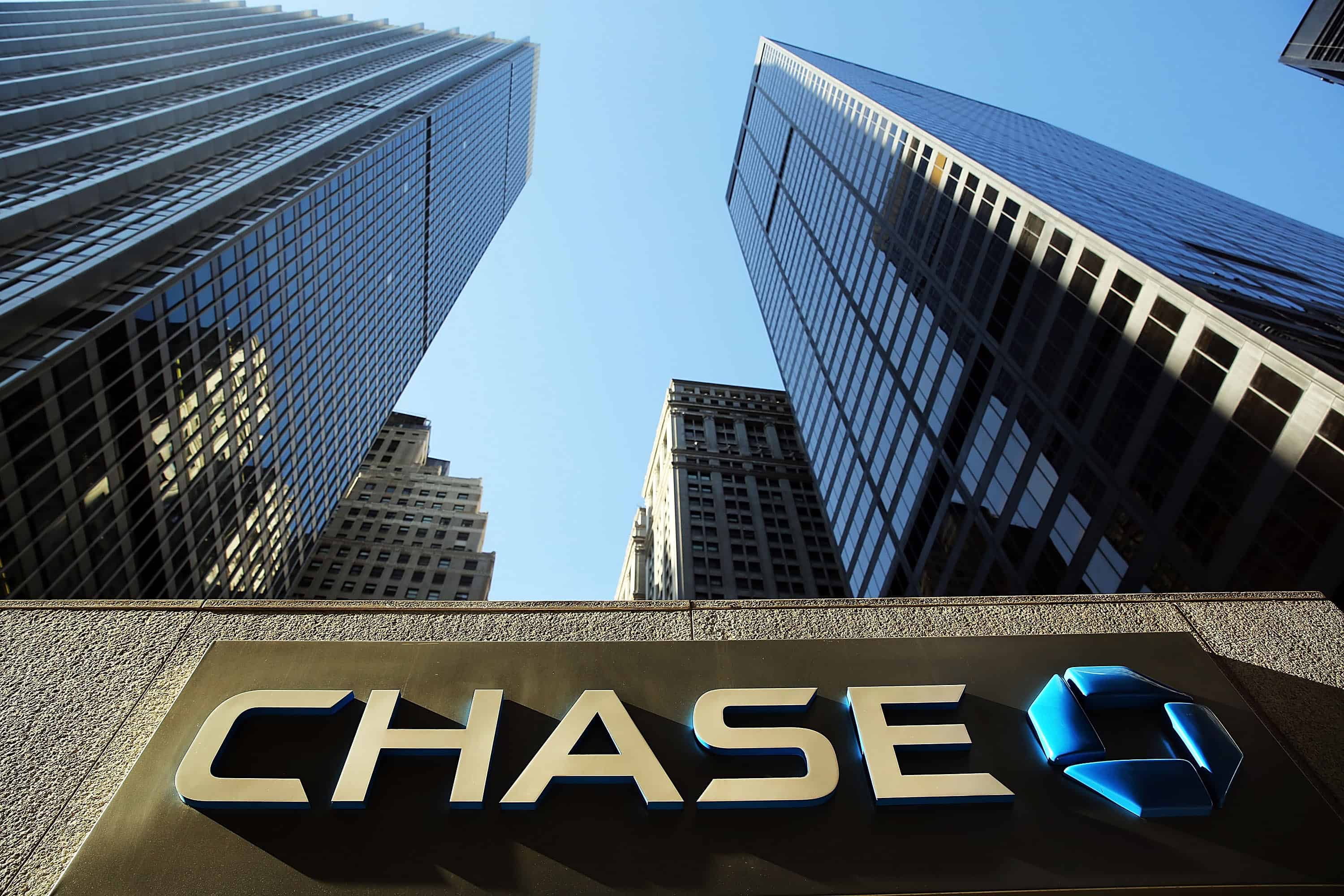WASHINGTON, D.C. – Twenty-five years ago, lawyers for the George H.W. Bush administration were rounding up more bankers than you could fit in a whole fleet of stretch Hummers. The feds threw no fewer than 1,706 defendants in the slammer amid the savings-and-loan debacle between 1988 and 1992, and charged many more. The U.S. Justice Department was prosecuting “the major corporate insiders — CEOs, presidents, shareholders, directors and officers,” wrote Lee Rawls, an assistant attorney general under Bush, in response to a Government Accountability Office questioning whether even that was enough.
Whoever was right, this era’s prosecutions of white-collar crime seems to pale in comparison. Just a handful of junior employees have been convicted in connection with the implosion of markets in mortgage-backed securities seven years ago. A jury acquitted two Bear Sterns managers, and a Credit Suisse officer named Kareem Serageldin pleaded guilty and accepted a prison sentence. (Serageldin supervised 70 people at the multinational bank, which now employs roughly 47,000.)
That’s about it, a consequence of the fact, prosecutors say, that what many on Wall Street did was risky and dubious but not illegal. And as a result, for years, the Obama administration has been eschewing criminal trials in favor of billions of dollars in fines and other concessions from big banks.
But now, they are suggesting they may change their approach. This week, the Justice Department issued a memorandum urging prosecutors to put corporate leaders in the financial sector and other industries in the dock for any criminal wrongdoing.
The seven-page memorandum calls on prosecutors to focus their attention on sending the individual leaders of companies that break the law to prison, not just on negotiating with firms for fines and a promise of better behavior in the future. The document reminds prosecutors conducting those negotiations to encourage companies to surrender incriminating evidence against their officers, no matter how senior.
Wall Street shrugs
While praising the tough talk in the document, experts on white-collar crime said not to expect a spate of new cases in the headlines. They noted that serious obstacles still confront prosecutors in these complex and demanding investigations.
“On Wall Street, I suspect today’s announcement was greeted with a shrug,” said David Uhlmann, a former federal prosecutor.
The Justice document also requires that any settlements with corporations granting individual defendants immunity from prosecution be approved by a U.S. attorney or assistant attorney general. It is signed by Deputy Attorney General Sally Yates, who discussed white-collar crime in a speech at New York University on Thursday.
“It is our obligation at the Justice Department to ensure that we are holding lawbreakers accountable regardless of whether they commit their crimes on the street corner or in the boardroom,” she said, according to prepared remarks. “We cannot allow the flesh-and-blood people responsible for misconduct to walk away, while leaving only the company’s employees and shareholders to pay the price.”
Negotiating a settlement with the firm, rather than trying the individuals who make it up, can have advantages. Global financial institutions in particular seem willing to cough up vast sums of money to avoid a trial. Firms can also agree to improve their future operations.
Yet the pages upon pages of bloodless legalese that can result from these negotiations do little to mollify an outraged public, or, in the view of lawmakers and critics, really achieve justice. In her speech, Yates said that Americans were losing confidence in the justice system.
“You get into a situation where you say, ‘Aha! The murder occurred in the library. It was the candlestick.’ But you never get whether it was Col. Mustard,” said James Cox, a law professor at Duke University.
In the case of financial institutions, focusing on individuals rather than firms could also be a way to avoid disrupting the global economy.
Some banks, former Attorney General Eric Holder told Congress in 2013, are “so large” that “it does become difficult for us to prosecute.”
Federal prosecutors may be less worried about that now. They extracted guilty pleas from half a dozen big banks this spring (though not from individual bankers). Traders around the world shrugged off the announcement.
But most of all, many experts argue, companies can easily circumvent their agreements with prosecutors when it comes to their future actions. The threat of prison is a better guarantee of good behavior, the reasoning goes.
“If there’s one thing a white-collar criminal fears, it is prison,” said the Hon. Jed Rakoff, a federal judge in the Southern District of New York who has criticized the department’s past approach.
© 2015, The Washington Post






